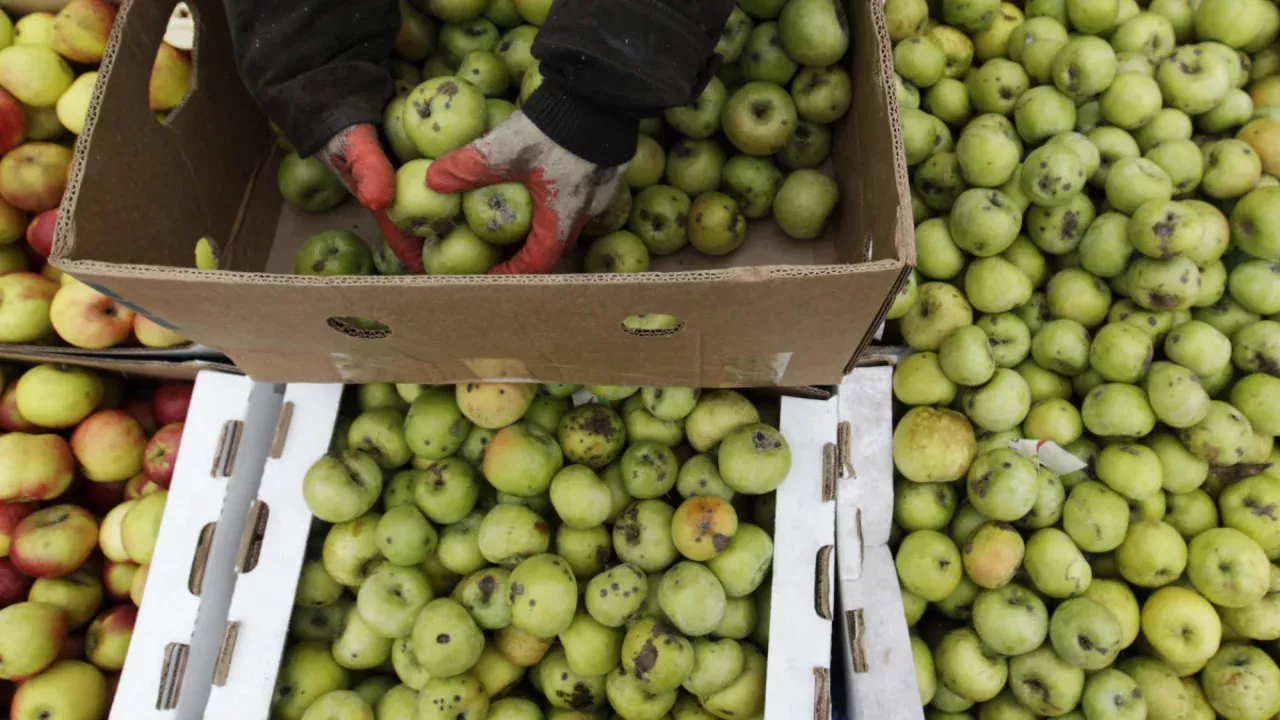There is a shortage of labor force in the harvest gathering in Russia

As farmers operating in various regions of Russia approach the harvest season, the problem of labor shortages is becoming increasingly severe. This was reported by Zamin.uz.
In particular, farms engaged in horticulture and vegetable growing are facing serious difficulties in harvesting. Due to a lack of sufficient workers in the fields, tons of crops are not being harvested, leading to losses.
According to Igor Mukhanin, head of the Russian Association of Gardeners, this problem has spread across several regions and has become a serious threat. The introduction of a Russian language exam for migrant workers is contributing to the labor shortage.
In his opinion, it should be sufficient for a foreman in apple picking to know the Russian language. In 2024, the Krasnodar Territory government imposed restrictions on attracting migrants for seasonal work.
As a result, thousands of tons of apples and other fruits have gone unharvested. In 2025, this problem has intensified further.
For example, in the Tambov region, despite the abundance of crops, apples and other fruits are not being harvested on time due to a shortage of labor. As Mukhanin pointed out, the cherry and plum season has begun, but the lack of labor is leading to the loss of products.
Experts say that in the vegetable growing sector, products are also rotting due to a shortage of labor. This is causing prices to rise in the market.
Some farmers are trying to alleviate this problem by involving students and schoolchildren in work. For example, Tatyana Gubina, deputy head of the "Malino" state corporation, states that educational institutions are adjusting their schedules to accommodate seasonal harvesting work.
Students are working as mechanics and agronomists, while schoolchildren are participating in planting and maintenance activities. However, these measures do not fully resolve the issue, as their work is temporary.
The effectiveness of harvesting operations carried out without migrants in various regions of Russia is low, and although crops should be harvested daily, there is not enough labor. This poses a significant risk not only to farmers but also to the country's agricultural economy.
If bureaucratic barriers in the labor market are not removed, farmers may lose not only seasonal harvesting work but also their entire year-round businesses. Complexities and restrictions in migration policy are complicating the harvest and negatively affecting the financial stability of farmers.
If this problem is not resolved, millions of tons of products will be lost every year, and this damage will primarily affect ordinary citizens through prices. Farmers are calling for a rational and human resources-friendly approach in the sector.
Only then can Russian agriculture fully harvest its crops, maintain stable prices in the market, and create real job opportunities for unemployed citizens.







